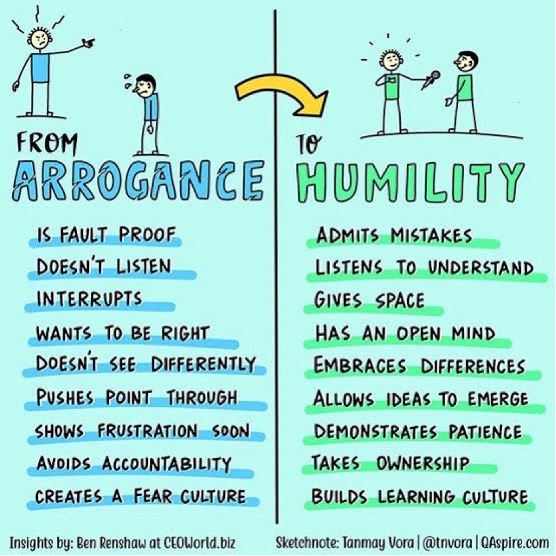Confidence is a key factor in becoming a prominent leader; confidence in your decisions, your people, your vision and your goals. There is a fine line, however, between confidence and arrogance. The biggest lesson I have learnt through both my failures and successes has been the value of not knowing everything. We have all heard the saying ‘jack of all trades, master of none’ and this analogy exists for a reason – that is, acknowledging where our weaknesses lie becomes a strength in itself.
Surrounding ourselves with people that are masters in a multitude of areas becomes the key to success. I remember one of my first trips out to a mining town in Queensland, where I was giving a talk to a group of miners about health and wellbeing. I had done many of these before in corporate settings and knew how to engage the audience. I would set up a display of “junk food”, including chocolates and Coke, contrasting that with healthier snack choices, as a visual display for attendees. I had no reason to think this session would be any different. Oh boy, was I wrong! I had set my display up a few hours before and then went to chat to some of the executive leaders. I walked back into the room 15 minutes later to find all the miners eating the chocolates, drinking the coke, some of them throwing a ‘thank you’ my way for bringing them breakfast! I quickly realised the normal spiel I had that had my corporate, white-collar clients eating my presentation out of the palm of my hand (healthy food options, of course) wasn’t going to cut it out here. The miners weren’t interested in hearing how certain foods could eventually one day lead to coronary artery disease, or the impact not exercising enough could have on their bodies. I left that session feeling pretty defeated. I knew I had been too confident. Actually, not confident – but arrogant.
I could have just decided to stick to the corporate scene where I knew I was great at my usual, foolproof spiel. But something inside of me made me felt uncomfortable. I knew this was a space I would have to listen and learn from others, aend that was a feeling I liked. As leaders, we should always be open to feeling uncomfortable and realising every day that we have more to learn.

I love this infographic as a simple way to highlight how we can shift our mindset as leaders. One of the amazing benefits that isn’t included is the flow-on effect this can have amongst the people we surround ourselves with. As a leader, showing humility and vulnerability to teams builds authenticity and trust. Research in the Harvard Business Review outlines that employees value leaders that show humility more than those who don’t, and believe they are more effective.
So, think about what you can do today to learn from others and show humility.




